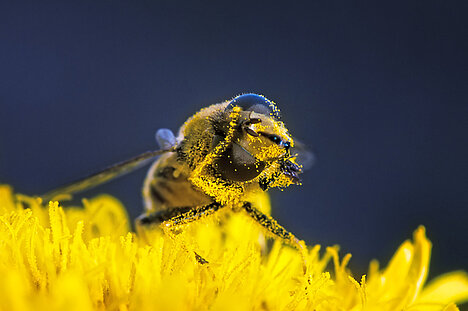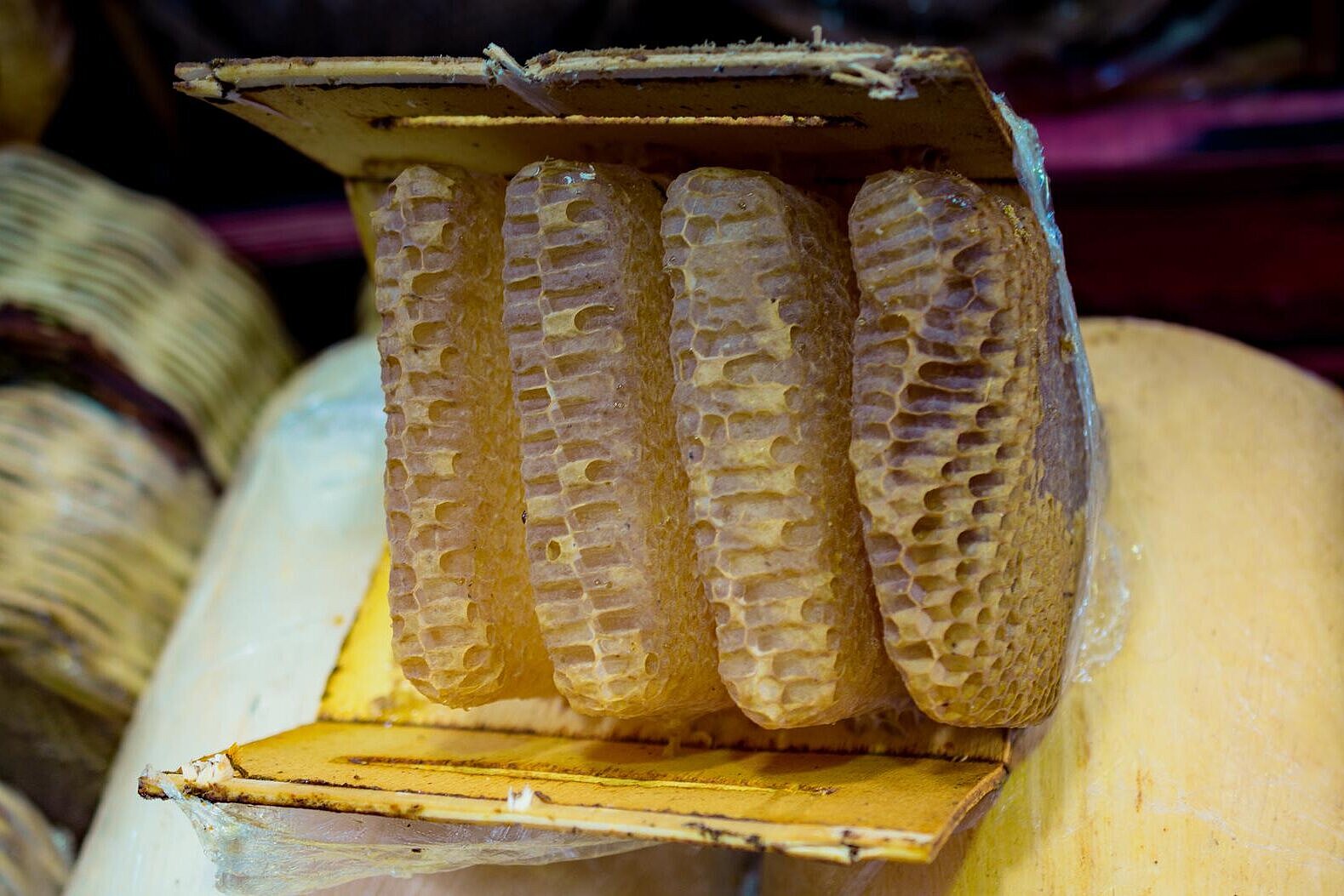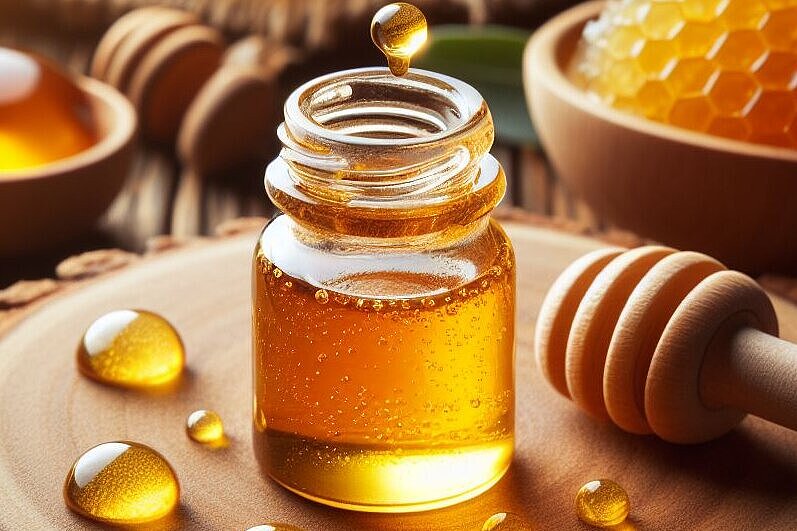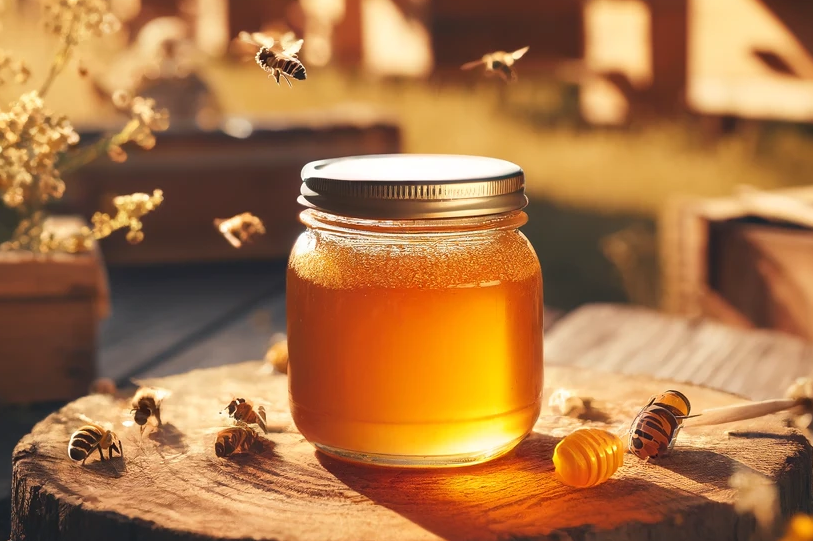Flower pollen

Benefits of flower pollen for dogs
Flower pollen can help your dog with various ailments and needs. They have a positive effect on the immune system, digestion, metabolism and coat. They can also increase performance, stimulate appetite and improve general well-being. Flower pollen is therefore a useful food supplement for dogs of all ages and breeds.
Disadvantages of pollen for dogs
Although pollen is a natural product, it also carries risks. Some dogs can have an allergic reaction to pollen and show symptoms such as itching, skin rashes, watery eyes or breathing difficulties. Therefore, you should always start dosing carefully and monitor your dog closely. If you notice signs of an allergy, you should stop giving pollen immediately and consult a vet.
How do I feed my dog pollen?
You can either give your dog pollen on its own or mix it into their food. Most dogs like the sweet taste of pollen. However, you should not give your dog more than half a teaspoon a day. For small dogs or puppies, a quarter of a teaspoon may be sufficient. It is best to start with one or two pollen grains and slowly increase the amount over several days.
Where can I get pollen for dogs?
You can buy pollen in health food shops, organic food stores or online. Make sure that the pollen comes from controlled cultivation and does not contain any additives. You can also ask the beekeeper directly whether he sells fresh pollen.
Flower pollen is a valuable food supplement for your dog. They can have many health benefits if you dose them correctly and watch out for possible allergies.
Properties 14
Are you looking for other ingredients with a specific property?
Just click on them to find more.
If you notice any signs of hypersensitivity or poisoning in your dog, you should see your vet immediately. We are not a substitute for a vet, but we try to be as accurate as possible. Every dog reacts differently and we recommend you get a second opinion or consult your vet if in doubt.
Stay healthy and take good care of your four-legged friend!😊
Similar to Flower pollen
Propolis is a resinous substance collected by bees from the plant kingdom and mixed with their saliva and wax. Bees use propolis to protect, disinfect and insulate their hive. Propolis contains many...
Royal jelly is a milky white substance that is produced by young worker bees in special glands. It serves as food for the queen bee, who lives exclusively on it throughout her life. Royal jelly is...
Manuka honey is no ordinary honey, but a natural product with a special composition. In addition to the usual sugars, enzymes, vitamins and minerals, it also contains a high amount of MGO, a...
Honey is a natural product made by bees from the nectar of flowers or the honeydew of plants. The bees collect the nectar or honeydew, carry it in their honey stomachs to the beehive and pass it on...



